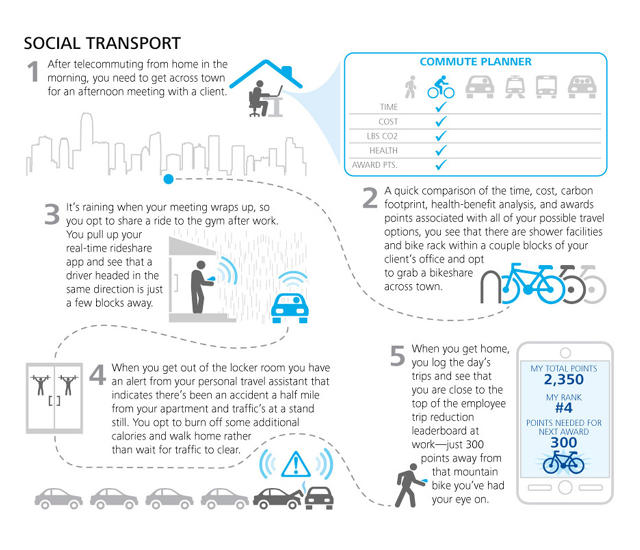Ben Schiller at Co.Exist: “The rise of open data, crowd-sourcing, predictive analytics, and other big tech trends, aren’t just for companies to contend with. They’re also a challenge for government. New technology gives public agencies the opportunity to develop and deliver services in new ways, track results more accurately, and open up decision-making.
Deloitte’s big new Government 2020 report looks at the trends impacting government and lays out a bunch of ideas for how they can innovate. We picked out a few below. There are more infographics in the slide show.

Consumerization of public services
Deloitte expects entrepreneurs to “develop innovative and radically user-friendly approaches to satisfy unmet consumer demand for better public services.” Startups like Uber or Lyft “reinvigorated transportation.” Now it expects a similar “focus on seamless customer experiences” in education and health care.
Open workforce
Deloitte expects governments to become looser: collections of people doing a job, rather than large hierarchical structures. “Governments [will] expand their talent networks to include ‘partnership talent’ (employees who are parts of joint ventures), ‘borrowed talent’ (employees of contractors), ‘freelance talent’ (independent, individual contractors) and ‘open-source talent,'” the report says.
Outcome based legislation
Just as big data analytics allows companies to measure the effectiveness of marketing campaigns, so it allows governments to measure how well legislation and regulation is working. They can “shift from a concentration on processes to the achievement of specific targets.” And, if the law isn’t working, someone has the data to throw it out….”